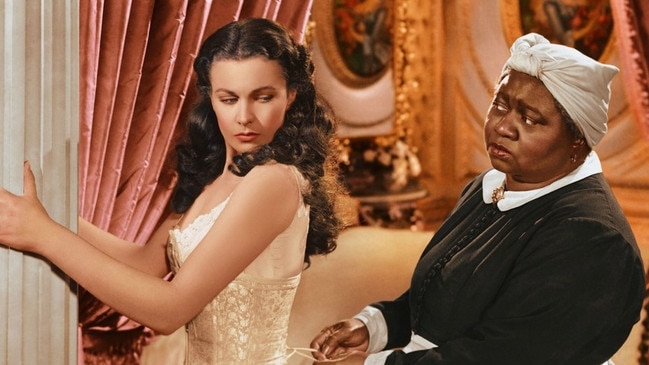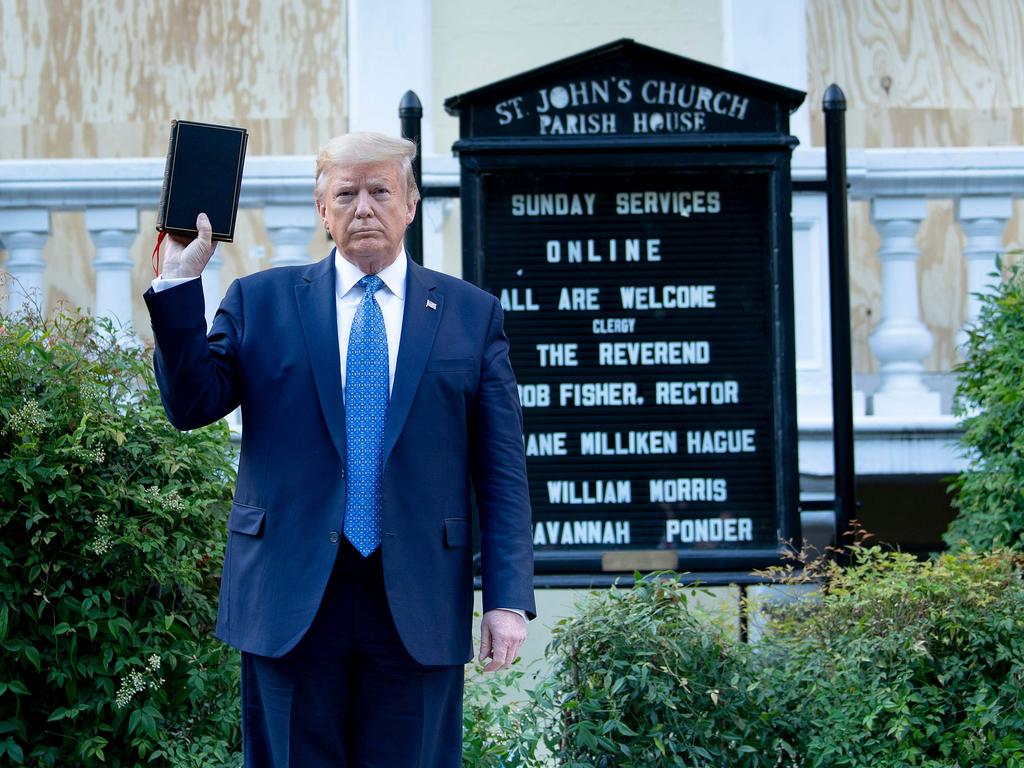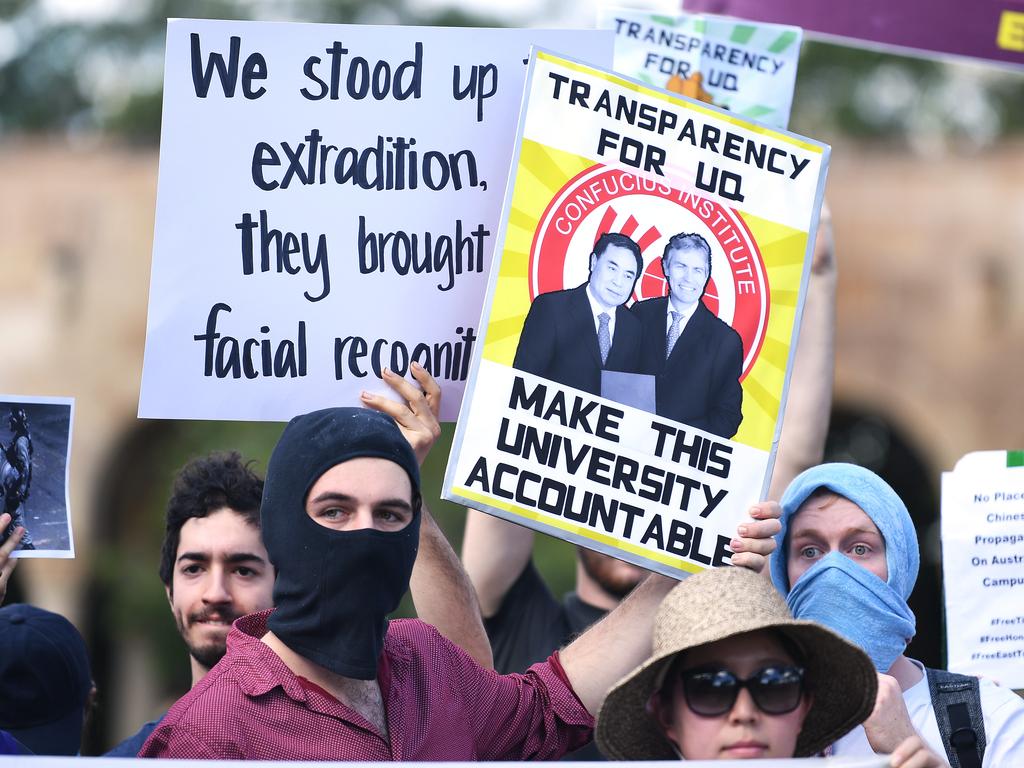History gone with the wind of political correctness

The heat generated by the tumultuous relationship between Clark Gable and Vivienne Leigh has rarely been matched in the 80 years since the film was released in Australia.
The scenes of Civil War carnage are extraordinary. In the cinematic arts the heights achieved in this movie have rarely, if ever, been matched. This isn’t just a movie, it is an experience.
Hattie McDaniel became the first black person to win an Oscar when her performance as Mammy in Gone With The Wind took Best Supporting Actress.
It disappoints me that in so many places crowds of modern activists seek to tear down the statues honouring men and women who brought about reform and prosperity, as well as those who ensured our safety from potential foreign enemies.
You simply can’t apply today’s social mores to those who lived centuries ago — or even movies written decades ago.
The Prime Minister is right to express his disdain for this kind of activity. There is no such thing as good history or bad history. Our history is of vital importance and should never be compromised by those seeking to paint one side of an argument as more righteous than another.
What does matter is a greater focus on Australian history, not just British or European history. I received honours in history in my Leaving Certificate but knew lamentably little about the history of my own country.
The Republican movement came and went without achieving very much.
I am at a loss to understand why a clear majority of Australians prefers to hang on to the monarchy. I can’t remember the last time this subject was raised in general conversation.
The Labor Party is still committed to holding a referendum on this issue but talks about it very rarely.
My father was a trade union secretary but never enthused about when we might become a republic. Indeed, I can recall as a four or five-year-old boy lining up on a crowded footpath to see her Majesty.
“I did but see her passing by.” When Robert Menzies, Australia’s greatest Anglophile, uttered that phrase he added “and yet I love her till I die”.
It was right up there with Harold Holt’s “all the way with LBJ” during a rare visit by a US president.
Johnson could have gone down in history as one of the greatest presidents but for his one big mistake. It was Johnson who hugely expanded America’s role in the Vietnam War.
Holt was happy to commit troops to Vietnam. It was an extremely popular move but turned sour relatively quickly. The first act of the Whitlam government, which at the time consisted of Gough Whitlam and his deputy, Lance Barnard, was to pull the troops out of a war we should never have been in.
A democracy with 25 million white people, situated in relative isolation, at the bottom of the world, needs a big friend and that is why our alliance with the US is so vital to us.







You know political correctness has taken over when a film like Gone with the Wind is banned.